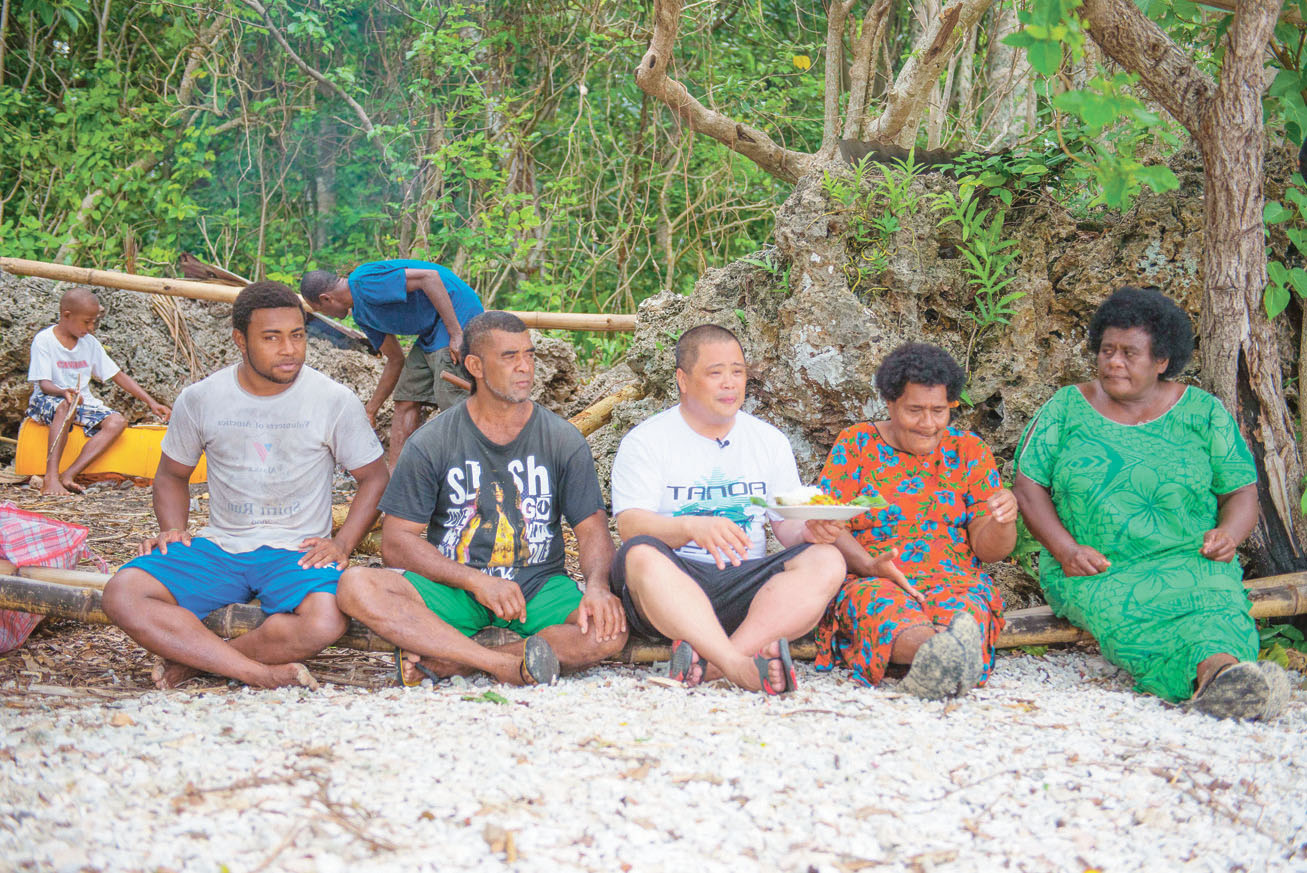Savusavu’s picturesque reputation as a hidden paradise belies its true beauty of humanity and tranquillity.
Like a world away from the rest of the country, the iconic Vanua Levu town still maintains its charm and welcoming nature of yesteryear.
Savusavu’s untouched paradise is in a perfect position to take advantage of the tourism dollar.
This is Savusavu.
Today’s food story opens with a well known song from 1968 by American rhythm and blues singer Otis Redding.
The song Sitting by the dock of the bay was ringing in my head.
“Two thousand miles I roam, just to make this dock my home, yeah, I’m just sitting by the dock of the bay, watching the tide roll away…”
If you’ve never visited this iconic town, it’s hard to describe why it feels so different.
Whether it is because of the early European influence or whether Vanua Levu is a distance away from the hustle and bustle of urban life on Viti Levu, Savusavu is an untouched paradise like no other.
Whether you arrive by boat or plane, there is a sense of amazement at the stunning beauty of Savusavu, which is why I always jump at the chance to go back.
The lush tropical greenery of the surrounding hills and the shimmering turquoise blue bay, combine with the extraordinary friendliness of the Savusavu locals that sets this island apart.
As many locals tell me, this is Savusavu, not Fiji!
My favourite place to stay is the Hot Springs Hotel because of its proximity to town and affordable for local tourism.
Overlooking the scenic Savusavu Bay, the hotel offers affordable prices with million dollar views.
But it’s the nearby geothermal springs that have attracted me.

A wonder of nature, the hot springs is a remnant of millions of years of volcanic activity on the island.
Deep down into the Earth’s crust, the rock is still superheated.
As the rainwater travels down from the top of the mountains, the water seeps into the fissures and eventually hits the hot core.
Through holes in the surface, the steaming hot water bubbles to the top at temperatures of between 120 and 170 degree Celsius, making it the perfect natural steaming kitchen.
It’s little wonder the locals take their root crops, chickens and pigs down to the hot springs; it’s quick, clean and selfcleaning!
Once, I cook a 15kg pig in just under one hour.
The extreme hot steam penetrates the whole carcass with ease, and then we bring the steamed pork up to finish in a hot oven to crisp the skin.
This technique of poaching and roasting helps to keep the moisture in the meat while drying and cooking the skin so its easier to crisp.
To enjoy this pork I also created two wonderful sauces to accompany the meat, but instead of the traditional apple sauce it was fresh mango and sweet chilli and a spicy hoisin peanut sauce.
Savusavu’s economy relies on copra, pine timber and taro as its mainstays of the local business, but tourism is on the increase, and Savusavu has the potential to become the next biggest hotspot for international visitors looking to experience the way the world should be.
It is also an opportunity for locals to showcase their culture and everyday life; because tourists will pay for the once-in-a-lifetime opportunity to be a Fijian for the day.
Leaving Savusavu Town, we head out on a catch and cook adventure thirty minutes down the Hibiscus highway to Nagigi Village.
We catch up with a local who has turned his everyday life into an attractive cultural tourism business that gives visitors a taste of living in a coastal village with spear and net fishing, an island lovo,
snorkelling and the chance to sit on the beach to do nothing.
It may sound normal and boring to locals, but the chance to live the simple life is priceless for everyone else.
That is the beauty of Savusavu.
“Watching the ships roll in…Then I watch them roll away again, yeah. I’m just sitting’ by the dock of the bay…”
• Lance Seeto is the host of FBC-TV’s Exotic Delights and owner of KANU Restaurant in Nadi.


